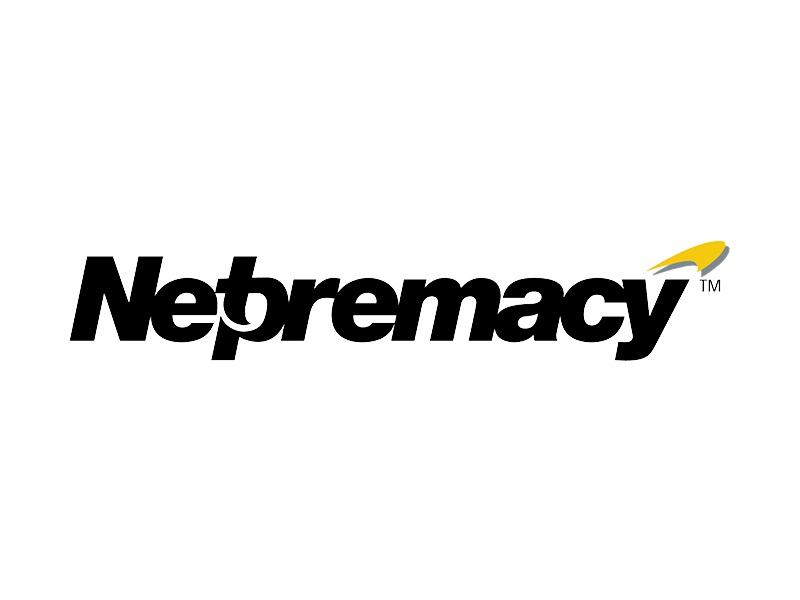According to Pew Research, 79% of consumers are more concerned about their online privacy than ever before. What’s more, over half (59%) claim to have little to no understanding of what businesses actually do with their data.
This rising awareness places significant pressure on businesses to prioritise privacy and security in their marketing strategies. Consumers demand transparency, assurance, and in some cases education, that their data is handled responsibly.
At Chesamel, we understand that the future of successful marketing and experience will come down to building consumer trust. Our commitment to ethical and secure marketing practices helps businesses thrive in this changing industry.
To help you make sure your campaigns are meeting these new standards, we’ll explore essential components of privacy and security in marketing right now and provide actionable insights to help your business overcome these challenges effectively.

The 4 Key Pieces to the Privacy & Security Puzzle in Marketing
Data Privacy Regulations
For any business handling personal data in the UK, adhering to the UK General Data Protection Regulation (UK GDPR) and the Data Protection Act 2018 is essential. These regulations ensure that personal data is collected, processed, and stored securely, protecting consumer privacy and building trust.
The key principles of these regulations include lawfulness, fairness, transparency, purpose limitation, data minimisation, accuracy, storage limitation, and integrity and confidentiality. To help you easily understand how to comply with them, we have broken down the process into a short checklist.
Data Privacy Checklist:
- Appoint a Data Protection Officer: If required, designate a responsible person to oversee data protection efforts.
- Conduct an Information Audit: Review and document all personal data you hold, its sources, usage, storage, and protection measures.
- Establish Lawful Basis for Data Processing: Identify and document the lawful basis for processing personal data, such as consent, contract, legal obligation, or legitimate interests.
- Implement Processes for Data Subject Rights: Ensure systems are in place to address rights such as access, rectification, erasure, and restriction of data.
- Maintain Accurate and Up-to-Date Data: Regularly review and update personal data to ensure accuracy and relevance.
- Ensure Data Minimization: Collect only the data necessary for specified purposes and avoid holding excessive information.
- Secure Data Storage: Implement strong security measures to protect data from unauthorized access and breaches.
Transparent Data Practices
Consumers today want to understand how and why their data is being used. Achieving transparency involves clearly communicating data practices through comprehensive privacy policies and real-time updates. Providing a detailed privacy policy that is easy to understand can help simplify the data collection process.
Additionally, creating a preference centre where customers can manage their data and consent settings empowers them, giving them control over their information and reinforcing trust.
Robust Security Measures
Robust security measures are essential to protect consumer data from breaches and cyberattacks. Especially when an estimated 22% of businesses and 14% of charities have experienced cyber crime in the last 12 months.
These measures include:
- Implementing advanced encryption techniques to safeguard data during transmission and storage
- Utilising multi-factor authentication (MFA) to an extra layer of security, ensuring that only authorised personnel have access to sensitive information.
- Regular security audits and vulnerability assessments to identify and rectify potential weaknesses in the system.
Companies that proactively protect data not only prevent breaches but also enhance their reputation as trustworthy and reliable organisation.
Ethical AI Use
The ethical use of AI is becoming increasingly important as artificial intelligence becomes more integrated into the entire marketing funnel. AI is proven to significantly enhance marketing efforts through predictive analytics, personalized content, and efficient customer service.
However, it is vital to ensure that AI systems are designed and monitored to avoid biases and inaccuracies that could harm your reputation. Regular audits of AI algorithms and transparency in how AI decisions are made can help maintain ethical standards.
Ensuring that AI is used responsibly reinforces consumer trust and aligns with best practices in privacy and security.
By focusing on these key pieces of privacy and security, businesses can build robust, ethical, and transparent marketing strategies that foster consumer trust and drive sustainable growth in a more privacy-conscious industry.
Conclusion
Consumer awareness around data privacy is at an all-time high. Consumers demand more than just services; they seek transparency, control, and assurance that their data is handled responsibly. This shift in consumer expectations means businesses need to not only comply with regulations like the GDPR and the Data Protection Act but also adopt proactive measures to build and maintain trust across the funnel.
At Chesamel, our Marketing and Experience services are designed to elevate your brand and create memorable interactions that resonate deeply with your audience. We take the time to understand your unique market challenges, assembling a team of creative minds to develop innovative strategies that amplify your brand’s presence.
We quickly adapt to evolving market trends, delivering customised solutions that achieve significant impact and measurable growth.
Contact us today to learn more about how we can help you meet these new standards and drive sustainable growth in a privacy-conscious world.












